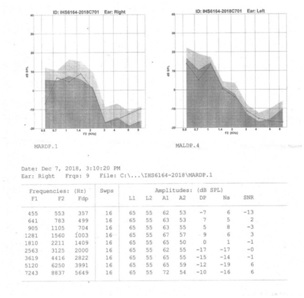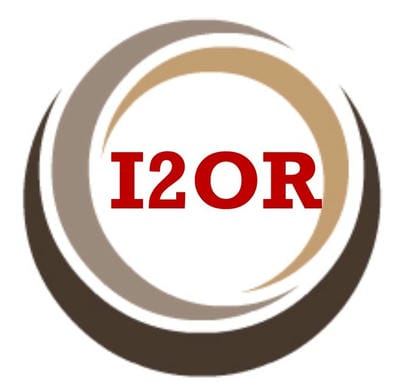Audiological evaluation following snake bite - Case Report
Abstract
We are reporting a casewith hearing loss following krait snake bite.Casewasdiagnosed as snake bite and treated in the emergency department and after stabilising she was referred to the oto-rhinolaryngology department for evaluation of sudden hearing loss. Audiological evaluation was carried out to identify degree, type of hearing loss and site of lesion. Puretone audiometry showed bilateral moderate sensory neural hearing loss. Thediagnosis was confirmed with Transient evokedotoacoustic emissions and Click evoked auditory brainstem response testing. From theaboveaudiologicaltests it is evident that the snake bite victim has cochlear hearing loss. This could be due to the venom carried away from the wound by the lymphatics and then is circulated by the bloodstream throughout the body.
Downloads
References
2. Russell FE: Snake venom poisoning. Schloium Int 3:256, 1983.
3. Bon C, Changeux JP. Chemical and pharmacological characterization of toxic polypeptides from the venom of Bungarus caeruleus. Eur J Biochem. 1977 Mar 15;74(1):31-42.[pubmed]
4. Roeser RJ, Michael Valente, Dunn HH: Audiology Diagnosis 2:436, 2007.
5. Sabharwal RK, Sanchetee PC, Sethi PK, et al. Sudden bilateral deafness following snake bite. J Assoc Physicians India. 1987 Oct;35(10):735-6.[pubmed]
6. Warrell DA. Injuries, envenoming, poisoning, and allergic reactions caused by animal. In: Warrell DA, Cox TN, Firth JD, Benj J Jr, editors. Oxford Textbook of Medicine. Oxford: Oxford University Press; 2003. pp. 923–45.
7. Fernando P, Dias S. Indian krait bite poisoning. Ceylon Med J. 1982 Mar;27(1):39-41.[pubmed]
8. Prasad K, Singh B, Khan SA, Agarwala AK, et al. A case of bite by Krait snake. J Assoc Physicians India. 1979 Nov;27(11):1043-4.[pubmed]
9. Fernando P, Dias S. Indian krait bite poisoning. Ceylon Med J. 1982 Mar;27(1):39-41.[pubmed]
10. Thomas PP, Jacob J. Randomised trial of antivenom in snake envenomation with prolonged clotting time. Br Med J (Clin Res Ed). 1985 Jul 20;291(6489):177-8.

Copyright (c) 2019 Author (s). Published by Siddharth Health Research and Social Welfare Society

This work is licensed under a Creative Commons Attribution 4.0 International License.


 OAI - Open Archives Initiative
OAI - Open Archives Initiative



















 Therapoid
Therapoid

